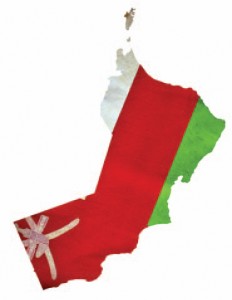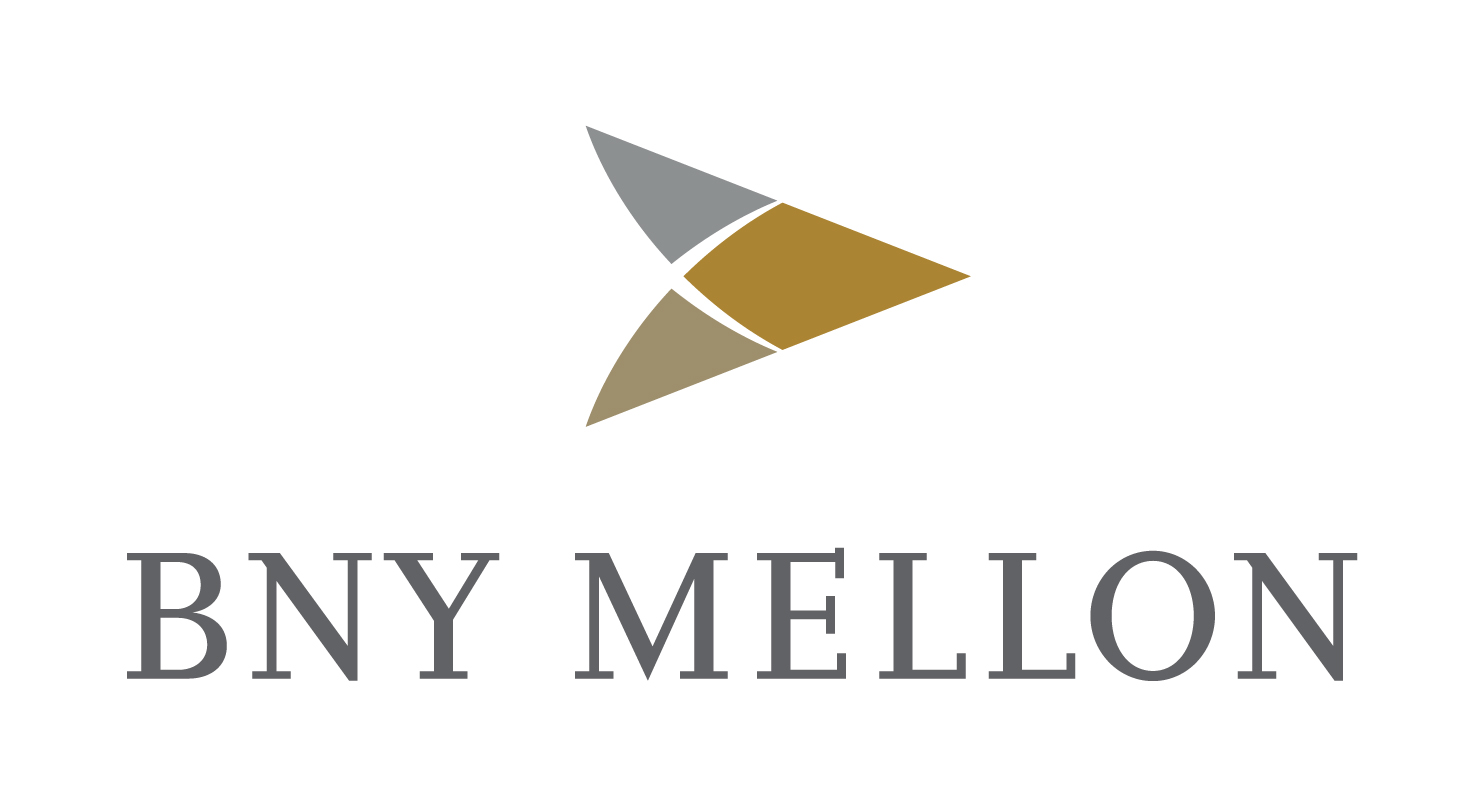 PAUL MELLY, looks at growing competition in what has traditionally been one of the Gulf’s quieter financial markets
PAUL MELLY, looks at growing competition in what has traditionally been one of the Gulf’s quieter financial markets
News that HSBC is taking a majority stake in Oman International Bank confirms the growing intensity of competition in what has traditionally been one of the Gulf’s less frenetic financial markets. The government’s decision to allow the development of Islamic finance will be a further stimulus to activity.
“It is not going to be easy. We expect everyone to compete with the launch of Islamic banking. There will definitely be some pressure on interest-rate margins as all banks are eager to grow in this small yet competitive market,” BankMuscat chairman Sheikh Khalid Al-Mashani has pointed out.
He believes that increased competition in the market could actually push interest rates downwards. That would be good news for Omani businesses seeking to limit their working capital costs.
While other Gulf states jostled to establish themselves as regional hubs, the sultanate focused on domestic economic development, with a banking industry to match – stable, centred largely on local business needs and supported with significant government investment.
However, the steady expansion of the economy, and the emergence of heavy industry at Sohar, north of Muscat, are now fostering renewed growth and diversity in the demand for both corporate and small business financial services.

As a result, banks have been under pressure to enhance the range of products they offer, particularly in core areas such as cash management, treasury and trade finance. The expectations of Omani companies and government entities are rising, and there is increasing demand from major provincial centres well beyond the Muscat conurbation, such as Sohar and Salalah.
This explains HSBC’s latest move. The acquisition of Oman International Bank (OIB) is an affordable means of responding quickly to today’s more sophisticated and geographically widespread demand.
With just five branches, HSBC’s existing Oman operation has been focused on wholesale business and private banking for wealthy individuals. Merger with the network of OIB will create an institution that combines financial clout and international backing with broad coverage of the local market.
The sultanate’s Central Bank approved the merger in principle in late March, although completion of the deal will require further technical regulatory approvals.
The HSBC group will inject up to $97.4m in new capital into the merged entity – which will be known as HSBC Bank Oman SOAG – and hold a controlling 51 per cent stake.

Meanwhile, OIB will bring wide geographical reach to the deal: only the fifth largest local bank in financial terms, it in fact has the second largest branch network in the sultanate. And, in terms of business volume, OIB will also contribute the larger share, with gross assets of $3.2bn (at end 2011), compared with the $2.5bn in assets of HSBC Oman.
Simon Cooper, HSBC’s chief executive for the Middle East and North Africa, explained the logic behind the deal: “It is rare to get the opportunity to create a bank of such scale in a key target market. The ability to grow organically in Oman is there, but it would take an awfully long time to get to the scale of Oman International Bank.”
For HSBC one of the key attractions of the deal is the breadth of OIB’s customer base, which includes many small and medium local businesses.
Cash management is an example of a product area where practically all banks offer service of some kind, but a top international group can provide the latest technology and expertise.
For example, HSBC provides not only telephone and electronic banking but also a courier service to support customers’ account operations. It can offer automated local and international payments, with tailor-made products for paying salaries and settling suppliers’ invoices; and these systems can be synchronised with customer firms’ own accounting systems. The bank automates the opening of letters of credit and amendments to these.
It will also be able to offer OIB customers cash management for transactions in foreign currencies, with a pooling service so that they make the most efficient use of their cash position, and even automated investments, to provide improved financial returns on financial surpluses.
However, the new merged bank will not have the high-spec cash management market all to itself in Oman.
Standard Chartered, which is also well established in the Sultanate, launched its own upgraded electronic servi

ce in November. Business customers are offered a two-way link with the bank, which enables them to both process and reconcile transactions directly.
The service includes two-way automation for payments, collections and trade processes, better working capital management, streamlined reconciliation of collections – so that cash positions can be realised more quickly – as well as the auto-reconciliation of bank statements.
The bank is trying to deepen the integration of its own service operations with those of its corporate clients. Like HSBC, the group sees Oman as a market of growing potential, particularly in sectors such as telecoms, financial services and manufacturing; but it also lays heavy stress on the scope to expand the provision of banking services for SMEs.
Meanwhile, the big international names must also contend with a growing challenge from local banking groups.
For example, it is now five years since National Bank of Oman (NBO) launched an internet banking service for its corporate clients, and it has worked hard to build up its product range for corporate clients, with specialist service teams for cash management, trade finance, treasury and other areas. NBO clearly has ambitions to strengthen its competitive challenge, with chief executive Salaam Said Al Shaksy talking of a “journey of change and transformation”, to be piloted in part by his deputy, Ahmed Al-Musalmi.
The leader in the Omani financial services market remains BankMuscat, which recently reported a 15.6 per cent rise in profits in 2011, a performance that leaves it well placed to continue reinforcing its own portfolio of services for corporate clients. Meanwhile, NBO posted an even healthier 26 per cent profit increase.
And among the Sultanate’s younger institutions is Bank Sohar, founded only in 2007 – with a range of government and state entitities as core shareholders – but already making itself felt in the business banking market. For example, in cash management it competes vigorously on pricing for remittances, collections and the handling of salary payments.
An important new growth area for many banks will be the provision of Sharia compliant business services. Islamic finance was legalised in Oman, May 2011, through the issue of a royal decree, and since then bankers have been working out how to cater for this potentially important market.
Experience in other Gulf countries has shown that while Sharia compliant products have a particular appeal for many local personal consumers, there is also great scope for Islamic business banking. In Oman, this has been an untapped market hitherto.
Of course, some growth will come from customers switching from conventional bank products to Sharia-compliant services. But among SMEs there may be considerable scope for attracting new clients who had not previously used banks much at all, or had limited themselves to the most basic deposit services.
 Cash And Trade Magazine For Cash and Trade professionals in the Middle East
Cash And Trade Magazine For Cash and Trade professionals in the Middle East





2 comments